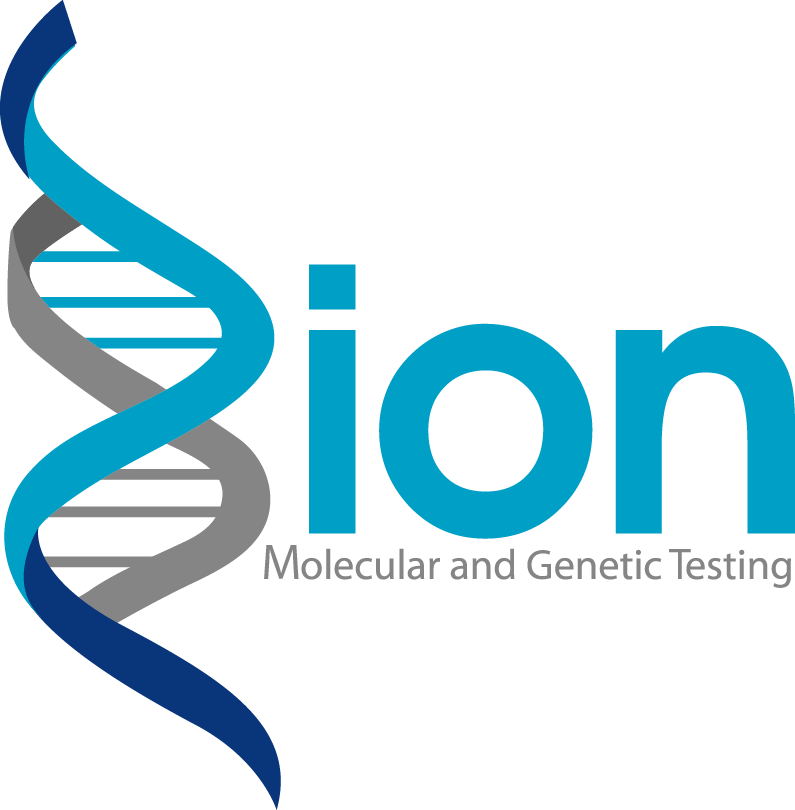Insurer Studies the Effectiveness of Pharmacogenetics
Sun Life Financial will be offering plan members on short- and long-term disability leave for depression or anxiety the chance to take part in a study on the impact of pharmacogenetic testing.
The insurer is participating in a study that examines the effectiveness of the technology in partnership with the Centre for Addiction and Mental Health and personalized medicine provider Assurex Health Inc.
Eligible patients include those who aren’t responding well to their medication and are experiencing negative side-effects, according to Marilee Mark, vice-president of product and integrated health solutions, group benefits, at Sun Life. She says the insurer’s case managers will offer it to certain plan members and employers won’t be involved in the testing.
But before they can participate, employees must ensure their doctors agree to the process because they’ll be responsible for interpreting the genetic results and enforcing any changes to medications, says Mark.
Read: Sun Life adds virtual CBT program to mental-health care
According to Mark, Sun Life decided to apply pharmacogenetics in the area of mental health because it makes up the largest amount of disability claims. And while not all patients have medication in their treatment plans, there are still many whose recovery depends on the effectiveness of their prescription, she notes.
“This is a good opportunity to see how we can use pharmacogenetics effectively, and depression and mental health is a key area because we know there can be issues with not responding to the first medication. So we want to see if we can see a reduction in symptoms that therefore may allow that person to work or return to their regular life earlier,” says Mark.
“Ultimately, can you have a better patient outcome as a result of ensuring they’re taking the right drug for them?”
Read: Is personalized medicine the future of benefits plans?
While pharmacogenetics have been around for some time, insurers have only recently started exploring it as a tool to manage disability claims, notes Sandra Ventin, associate vice-president for benefits and health at Accompass Inc.
Pharmacogenetics have many benefits, she says. The testing not only helps patients determine whether they’re taking the right medication, it’s also non-invasive and more accessible than other options like blood tests. “No one would argue that any assistance in predicting an employee or patient’s drug reaction . . . should be taken advantage of.”
Read: Employees showing rising interest in personalized medicine, targeted health education
But while pharmacogenetics can help insurers actively manage disability claims, they should be cautious in using the information as an all-inclusive solution, notes Ventin. “While I think it’s an amazing tool and I do think it needs to be used, it’s not going to be a replacement for active claims management. It’s not going to be a replacement for really good medical diagnosis and engagement with a [general practitioner] and a specialist, the patient who’s going through the mental-health journey, and the active claims manager from any insurer.”
As for Sun Life, it plans to offer pharmacogenetic testing for a year and hopes to take lessons away from the pilot project, says Mark. She says the insurer may use the outcomes to enhance its mental-health disability process or even consider if the service would fit into a benefits plan.
“I think the learnings we’ll take away both at Sun Life and as an industry is how can we include pharmacogenetics in a benefits program? Where and how does it make sense? And will it benefit our plan members?”
Read: Mental-health first aid training targets rising disability concerns in electricity sector
